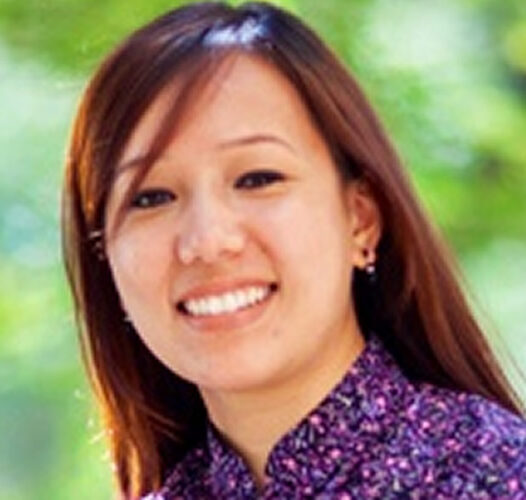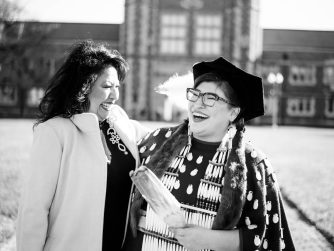Arati Maleku
In the United States today, immigration policy and reform are hot-button issues. We often encounter debates in the news about immigrants, immigration, the reasons why people immigrate, and the effects that immigration has on the United States. However, it is not always clear whether or not these often fiery debates throw light on the situation, or just heat.
In this podcast, social work doctoral student Arati Maleku cuts through the politicizing of human migration to shed clear light on many of the facts and issues related to human migration. She reminds us that human migration is a far more complex set of human movements that go well beyond trans-national immigration, and that many factors in both the place origin and the place of destination influence people’s decisions to migrate. In discussing these factors, she also highlights the ways that migration patterns have significant implications for policies and services in the communities from which people leave, the communities they migrate to, and those along the routes of transit, as well as for the communities themselves. Maleku also discusses the ways that social workers respond to populations of human migrants, and explores ways that we can improve social work education, research, and practice to better serve these often vulnerable populations.
Arati Maleku, MSW, is a doctoral student in Social Work at the University of Texas at Arlington. Her research interests include gender and human migration, social development and sustainability, social determinants of health and health equity, cultural competence in healthcare, and social work education. She is the author or co-author of research articles and given numerous presentations on topics in international social work and human migration. Ms. Maleku has also practiced social work in a variety of healthcare settings in both the United States and her native Nepal.
Interviewer: Isok Kim, PhD





